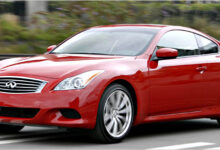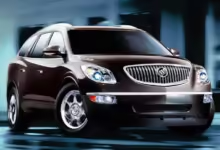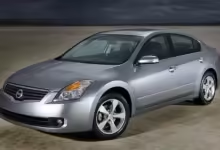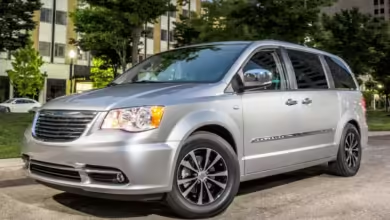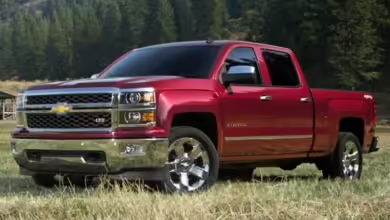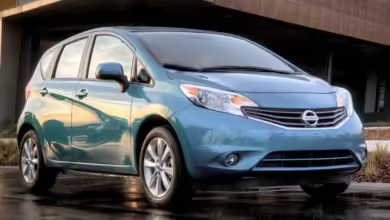Why Car Starts Then Dies Unless I Give It Gas: Common Causes & Solutions
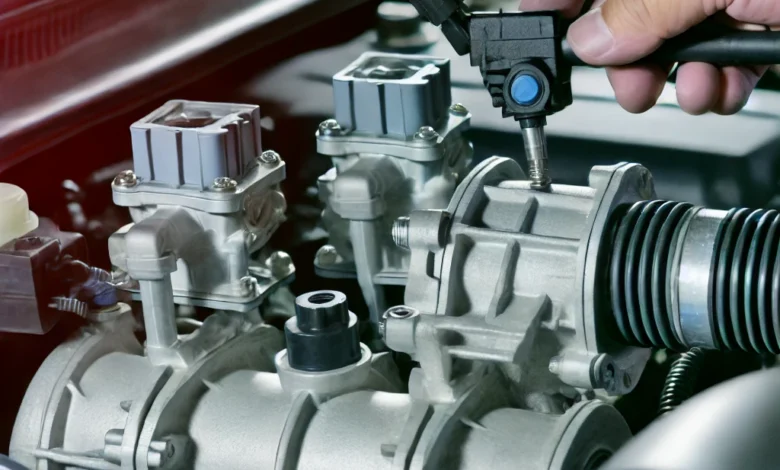
When your car starts then dies unless you give it gas, it’s more than just an inconvenience—it’s a signal that something’s not quite right under the hood. This problem can be frustrating, especially when you’re in a hurry or simply don’t want to worry about what’s going on with your vehicle. Understanding the potential causes of this issue can help you figure out what needs to be done to get your car running smoothly again.
Common Causes of the Issue
Let’s break down the most common reasons your car might be acting up like this:
1. Faulty Idle Air Control Valve (IACV): The Idle Air Control Valve (IACV) plays a crucial role in managing your engine’s idle speed. It ensures that the engine gets the right amount of air when you’re not pressing the gas pedal. If the IACV is dirty or malfunctioning, it might not be able to maintain the idle speed, ca
2. Dirty or Failing Mass Air Flow Sensor (MAF): The Mass Air Flow Sensor measures the amount of air entering the engine and sends this information to the engine control unit (ECU). The ECU then adjusts the fuel mixture accordingly. If the MAF sensor is dirty or faulty, it can send incorrect readings, leading to a fuel mixture that’s too rich or too lean. Cleaning the MAF sensor or replacing it if necessary could resolve the problem.
3. Throttle Body Issues: The throttle body controls the amount of air that enters the engine. Over time, carbon deposits can build up on the throttle body, leading to a rough idle or stalling. A thorough cleaning of the throttle body can often fix this issue. In some cases, a more severe problem with the throttle body might require replacement.
4. Vacuum Leaks: Your engine relies on a precise balance of air and fuel to run smoothly. If there’s a vacuum leak, it can upset this balance, causing the engine to stall. Identifying and repairing the leak will help restore the proper air-fuel mixture and prevent stalling.
5. Fuel System Problems: Your car’s fuel system is responsible for delivering the right amount of fuel to the engine. If there’s an issue with the fuel pump, fuel filter, or fuel injectors, your engine might not be getting the fuel it needs to stay running at idle. Inspecting and servicing the fuel system components could solve the problem.
6. Ignition System Issues: The ignition system, including the spark plugs, ignition coil, and ignition wires, is responsible for igniting the fuel-air mixture in your engine. If any part of the ignition system is failing, it can lead to poor combustion, causing the engine to stall. Replacing the faulty ignition components should restore normal operation.
7. Electronic Control Unit (ECU) Malfunction: The ECU is like the brain of your car, controlling many aspects of engine operation, including idle speed. If the ECU isn’t f
8. EGR Valve Problems: The Exhaust Gas Recirculation (EGR) valve helps reduce emissions by recirculating a portion of the exhaust gases back into the engine. If the EGR valve is stuck open or malfunctioning, it can cause a rough idle or stalling. Cleaning or replacing the EGR valve might be necessary to fix the issue.
Diagnosing the Problem
If your car starts then dies unless I give it gas, it’s important to pinpoint the exact cause to avoid unnecessary repairs. Here’s a simple approach you can take:
- Listen for Clues: Pay attention to any unusual sounds when the engine starts. A hissing sound might indicate a vacuum leak, while a rough idle could point to a throttle body or IACV issue.
- Check for Warning Lights: If the Check Engine Light (CEL) is on, use an OBD-II scanner to retrieve the diagnostic trouble codes (DTCs). These codes can give you a clue about what’s causing the issue.
- Inspect the Air and Fuel Systems: Look for obvious signs of trouble, like dirty components or leaks. You might be able to spot a problem just by doing a visual inspection.
- Test the Components: If you’re handy with tools, you can test certain components, like the fuel pressure or the IACV. This can help you confirm whether a specific part is the issue.
- Consult a Professional: If you’re not comfortable diagnosing the problem yourself, it’s a good idea to take your car to a trusted mechanic. They’ll have the tools and expertise to identify and fix the issue quickly.
Preventing Future Issues
Once you’ve addressed the problem, it’s worth taking some prevent
- Regular Maintenance: Keeping up with regular maintenance, like replacing the air filter, fuel filter, and spark plugs, can help prevent many of the issues that cause stalling.
- Clean Components: Periodically clean the throttle body, IACV, and MAF sensor to prevent carbon build-up and keep them functioning properly.
- Use Quality Fuel: Using high-quality fuel can help keep your fuel system clean and prevent clogging in the fuel injectors.
Final Thoughts
Experiencing a car that starts but then dies unless you give it gas can be frustrating, but understanding the potential causes and solutions can help you get back on the road with confidence. Whether it’s a simple fix like cleaning a sensor or something more involved like repairing a vacuum leak, addressing the issue promptly can prevent it from becoming a bigger problem down the line. Remem
